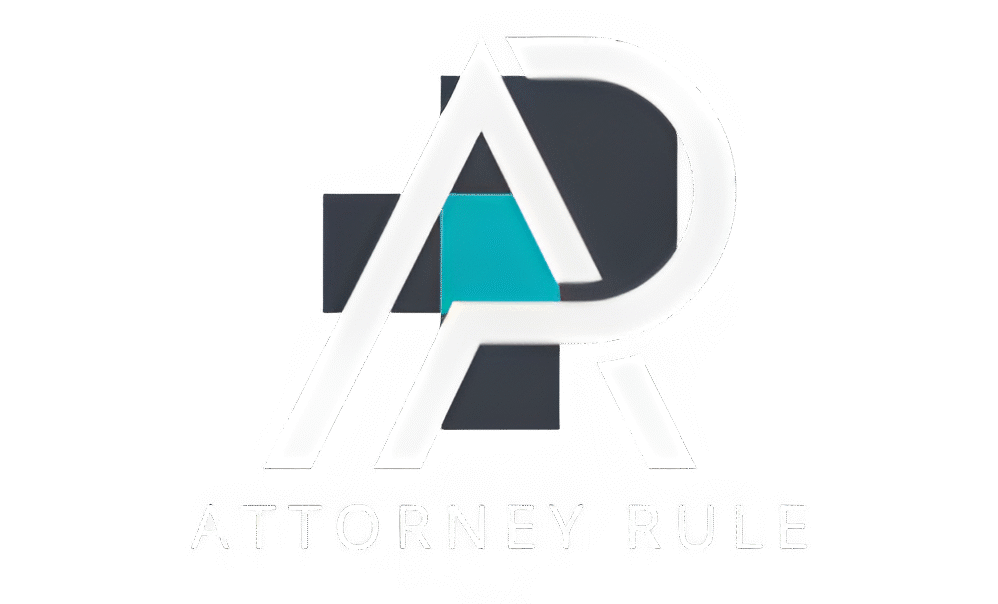Have you recently faced an accident that left you injured? Navigating the world of personal injury settlements can be overwhelming. Whether it’s a car crash, slip and fall, or workplace mishap, understanding how to secure the compensation you deserve is crucial. Personal injury settlements are designed to help victims recover losses and regain their footing after unexpected events. But what exactly does this process entail?
In this blog post, we’ll break down everything you need to know about personal injury settlements—from types of compensation available to steps for negotiating a fair deal. If you’re in the midst of dealing with a personal injury claim or simply want to be prepared for any future incidents, keep reading. Knowledge is power when it comes to getting the financial support you need on your path to recovery!
Understanding Personal Injury Settlements
Personal injury settlements are agreements reached between an injured party and the responsible party, often involving compensation for damages. These settlements arise from various incidents—accidents, negligence, or intentional harm.
The goal is to provide financial relief to cover medical bills, lost wages, and emotional distress. The amount offered can vary widely based on specific circumstances of each case.
It’s important to recognize that not every personal injury claim leads to a settlement. Some cases go to trial if negotiations stall. Understanding your rights and options is essential in this process.
Victims should gather evidence early on—medical records, accident reports—and document everything related to their injuries. This information serves as critical support in any discussions about compensation later on. Knowing what you’re entitled to can empower you throughout your journey toward recovery.
Types of Compensation in a Personal Injury Settlement
When pursuing a personal injury settlement, it’s crucial to understand the types of compensation you may be entitled to. Medical expenses often form the foundation. This includes current and future medical bills related to your injury.
Lost wages are another significant aspect. If your injuries prevent you from working, you can seek compensation for income lost during recovery.
Pain and suffering is more subjective but equally important. It addresses the emotional distress and physical discomfort endured due to the accident.
Additionally, some cases may involve punitive damages if negligence was particularly egregious. These aim to punish offenders rather than compensate victims directly.
Each type of compensation serves a distinct purpose in addressing different aspects of loss after an injury. Understanding these categories helps frame realistic expectations during negotiations.
Factors that Affect the Value of a Personal Injury Settlement
Several elements can significantly impact the value of a personal injury settlement. The nature and extent of the injuries play a crucial role. Severe injuries that require extensive medical treatment often lead to higher settlements.
Another important factor is liability. If fault is clearly established, it strengthens your position for negotiation. Conversely, shared blame might reduce the compensation amount you receive.
Medical expenses are also key in determining settlement values. This includes not only current costs but future medical needs as well.
Lost wages due to time off work contribute to the total claim too. The longer you’re out, the more compensation may be justified.
Emotional distress and pain endured post-accident can influence how much you ultimately receive. Each case differs, making these factors critical in assessing potential outcomes.
The Process of Negotiating a Settlement
Negotiating a personal injury settlement can feel overwhelming, but it’s an essential part of the claims process. Start by gathering all relevant documentation to support your case. This includes medical records, accident reports, and any evidence that shows how the injury has affected your life.
Once you have your materials in order, it’s time to make an initial demand for compensation. Be clear and specific about what you’re seeking based on the damages incurred.
Expect some back-and-forth during negotiations. The insurance company will likely counter your offer with a lower amount. Stay firm yet flexible; know your bottom line but be open to reasonable offers.
Communication is key throughout this stage. Maintain professionalism and keep emotions in check as discussions progress. Document everything carefully, as written records can serve as vital evidence if negotiations stall or escalate into legal proceedings.
Common Mistakes to Avoid in a Personal Injury Settlement
One of the biggest pitfalls in a personal injury settlement is rushing to accept the first offer. Insurance companies often start low, hoping you’ll take it without negotiation. Don’t fall for this tactic.
Another mistake is underestimating your medical expenses. It’s crucial to account for future treatments and long-term care needs when calculating damages.
Failing to document everything can also hurt your case. Keep detailed records of all medical visits, bills, and any correspondence with insurance adjusters.
Additionally, speaking too freely about your case on social media can jeopardize your claim. Remember that anything you post could be used against you later.
Not seeking legal advice may leave money on the table or lead you into unfavorable agreements. An experienced attorney can guide you through the complexities and ensure you’re fairly compensated.
Hiring an Attorney for Your Personal Injury Claim
When dealing with a personal injury claim, hiring an attorney can be a game-changer. Experienced lawyers understand the nuances of these cases and know how to navigate complex legal systems.
A skilled attorney will evaluate your case thoroughly. They’ll determine the compensation you deserve based on medical bills, lost wages, and emotional distress. This expertise can significantly influence the outcome of your settlement.
Moreover, attorneys have negotiation skills that are vital in discussions with insurance companies. They know tactics used by insurers to minimize payouts and can counteract those strategies effectively.
Choosing the right lawyer requires research. Look for someone who specializes in personal injury law and has a strong track record of successful settlements or verdicts. Trust is crucial; after all, they will represent your interests throughout this challenging process.
Consider scheduling consultations with multiple attorneys before making a decision. It’s important you feel comfortable discussing sensitive details about your situation with them.
Conclusion
Navigating the world of personal injury settlements can be complex. Understanding what to expect, from types of compensation to the negotiation process, is essential. Each case is unique and influenced by various factors that may affect its value.
Avoiding common pitfalls during your settlement journey will help protect your interests. Seeking legal guidance ensures you are well-prepared and informed every step of the way. With the right approach, you can achieve a fair settlement that meets your needs.
Remember, knowledge is power when dealing with personal injury claims. Equip yourself with information and take control of your situation for a more favorable outcome.

